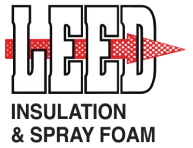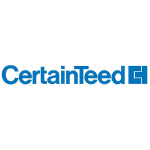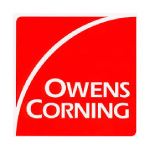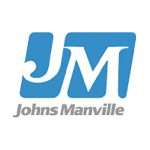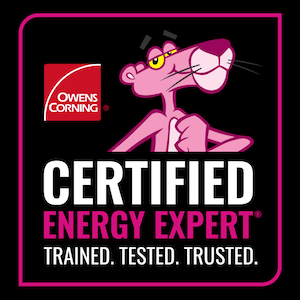Fiberglass Insulation for Florida’s East Coast
Many Florida homeowners do not realize the importance of having a well insulated home. Because we have mild winters, many homeowners mistakenly think they do not need to worry about home insulation. But insulation works not only during the winter to keep the warm, toasty inside air from escaping to the cold outside, it also keeps the cool, conditioned air from escaping into the hot, humid temperatures outside during the summer months.
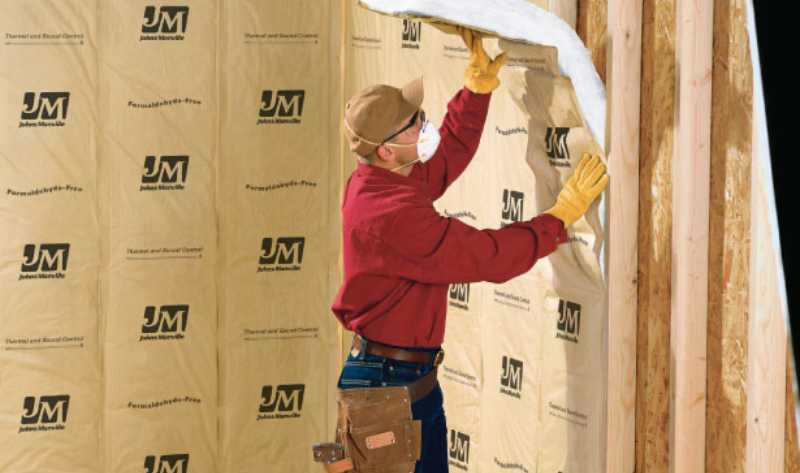
What is Fiberglass Insulation?
There are a variety of places in your home that require different amounts and types of insulation. The most common and widely used type of insulation is fiberglass insulation. Made from recycled glass that is spun to create small fibers, it is then formed into fiberglass batts/rolls or small pieces of loose-fill or blown-in fiberglass that can be used for insulating most areas of your home such as walls, ceilings, and the attic. Fiberglass batt insulation resembles pink cotton candy and is the most recognizable type of insulation.
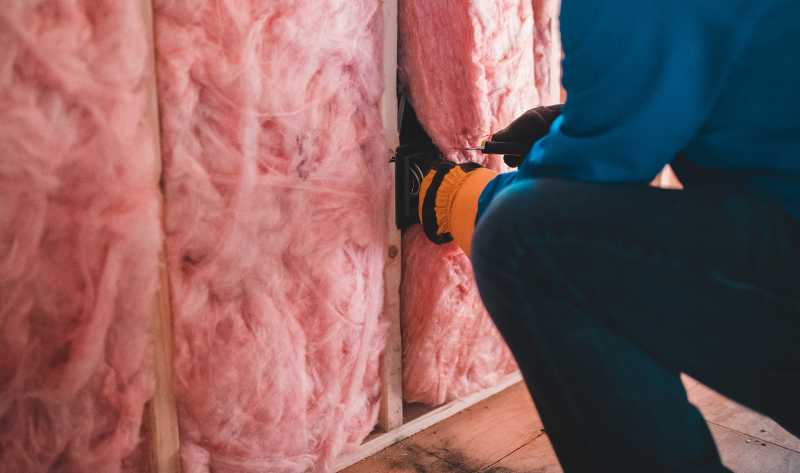
Benefits of Fiberglass Insulation
Here are some of the advantages of using fiberglass insulation in your home:
Cost Effective
Fiberglass is less expensive than other types of insulation but just as effective.
Energy Efficient
Fiberglass is one of the most energy efficient insulation options available to homeowners.
Eco-friendly
Made of a precise combination of glass, sand, and recycled materials, fiberglass insulation is better for the environment.
Absorbs Sound
Fiberglass is excellent at minimizing noise transfer from room to room and outside, making your home a quieter place to be.
Quick and Easy to Install
Both blown-in and fiberglass batts are installed in a quick and easy time frame by professionals.
Stability
Fiberglass is noncorrosive and noncombustible, does not absorb moisture, and does not deteriorate with age.
Types of Fiberglass Insulation
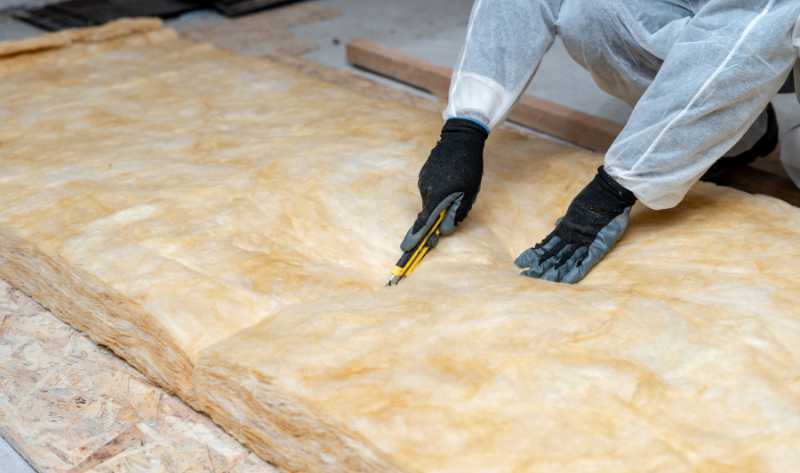
Fiberglass Batt Insulation
Batt or roll insulation is a blanket type of insulation that is perfect for unfinished walls, floors, and ceilings. It comes in a variety of widths for a snug fit between wall studs, attic and floor joists, and beams. Its level of thermal effectiveness is dependent on proper installation so it is important to hire a professional for the job.
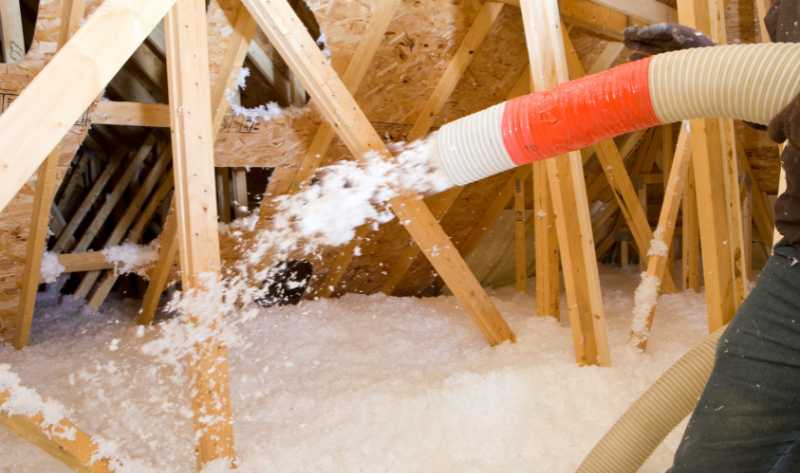
Blown-In Fiberglass Insulation
Blown-in or loose-fill fiberglass insulation is commonly used to insulate a home’s attic, but it can be installed in nearly any space in a home including between floors, and interior and exterior walls. Loose fiberglass fibers are blown into an open area or space to create a blanket of protection for your home. Insulation can be blown into hard-to-reach spaces or densely packed into closed cavities to ensure your home is properly insulated.
FAQs About Insulation
We get asked many questions about insulation. Here’s a sample of some of our most frequently asked questions.
Fiberglass is an inorganic material that doesn’t feed mold growth. The paper backing on some forms of fiberglass is susceptible to mold if it gets wet.
Fiberglass is noncombustible and requires no additional fire-retardant chemical treatments.
Fiberglass insulates well because it works to trap air and slow the spread of heat.
Yes, fiberglass is safe once installed. During installation, loose fiberglass particles can irritate a person’s skin, eyes, nose, and throat if touched by bare skin or breathed in.
Absolutely! Florida may not have cold winters, but we do have HOT summers. Insulation provides the best option for saving energy, keeping your home comfortable year-round, and lowering your utility bills. Check out the My Florida Home Energy page on insulation for a detailed look at the importance of insulating your Florida home.
Among the many types of insulation to choose from, fiberglass, spray foam, and radiant barriers are popular and effective choices for Florida homeowners.
Each part of your home requires a different level of insulation to maximize energy efficiency. Check out Energy Star’s “Recommended Home Insulation R-Values” for specific recommendations for Florida homes.
No, it doesn’t. Ventilation and insulation work together to create an energy efficient attic and home in any climate.
Radiant barriers are a great addition to your home. In fact, an aluminum foil radiant barrier blocks 95% of your roof’s radiated heat, preventing it from overheating your attic and its contents.
Reflective insulation, such as radiant barriers, work best in your attic where the radiant heat from your roof can be reflected.
When improperly handled or installed, some types of insulation can cause irritation to the skin, eyes, nose, or throat.
Florida follows the International Energy Conservation Code to guide the building of energy efficient homes.
Yes! Visit our Tax Credits page to learn about the many rebates and incentives that you may qualify for.
Spray foam or fiberglass insulation installation can be a tricky thing. Inexperience can lead to such things as incorrect installation, exposure to health risks, lessened insulation performance, and higher costs. It’s always wisest to leave the job to the pros.
Sadly for Floridians many “helpful” contractors frequently show up after a disaster to offer their services. Follow these tips from the Florida Department of Agriculture and Consumer Services to protect yourself from insulation contractor scams.
A Google search on “latest insulation technologies and trends” will warrant a bevy of information. Here’s how one southwest Florida homebuilder is creating more energy efficient homes with the latest “green” technology and trends.
The best ways to find an insulation contractor you can trust are through word of mouth and online reviews. Talk to your friends, family, and neighbors to find out their recommendations. Visit Yelp, Angi, and Google to find out who has the best reviews. Call your top 3 and get estimates. Verify each contractor’s licensing and product warranties.
Count on Us to Keep You Comfortable
For over 30 years, our expert installation team at Leed Insulation has been helping to make homes more energy efficient across the East Coast of Florida. From the Treasure Coast to the Gold Coast, we are here to prepare your home for whatever weather the summer and winter may bring and help you put money back in your pocket when you invest in the right insulation for your home.
You can count on us for quality customer service and expert workmanship. You can trust us to do the job right the first time. We look forward to answering your questions about fiberglass insulation and helping you with your next insulation project. Contact us today to learn more and receive your free estimate.
Contact Us Today